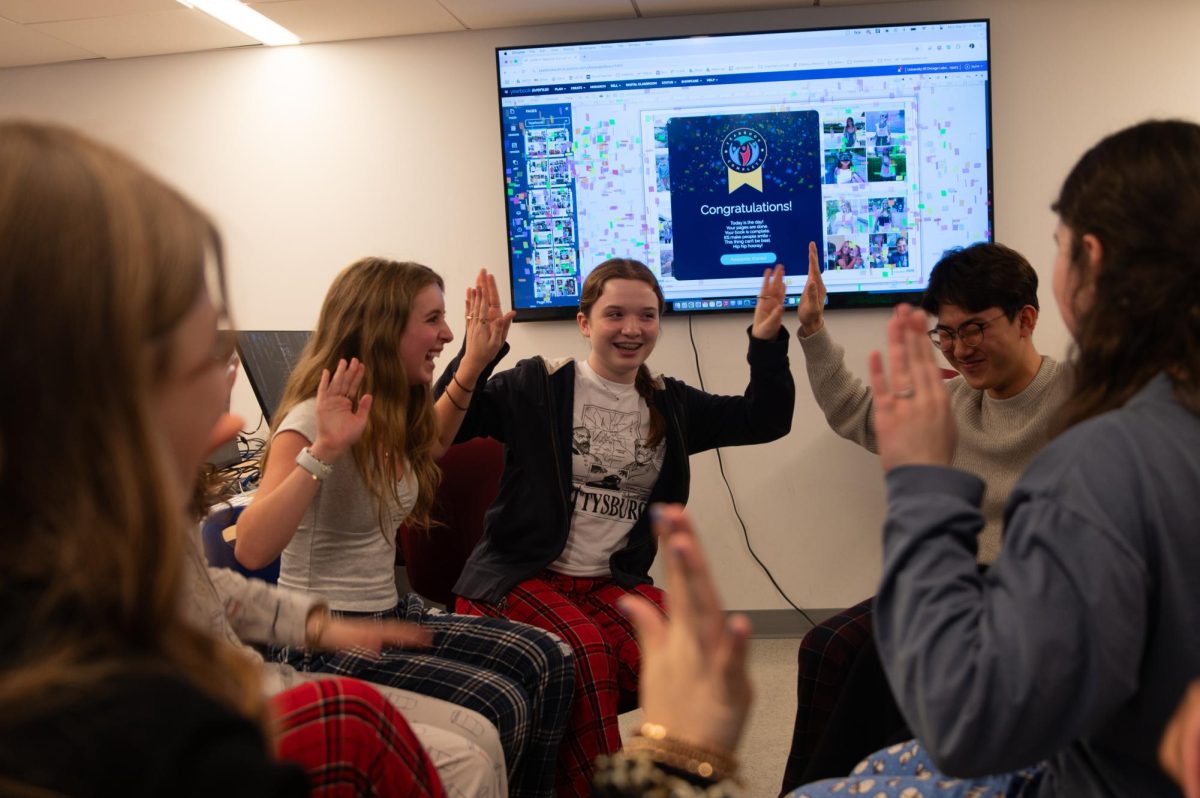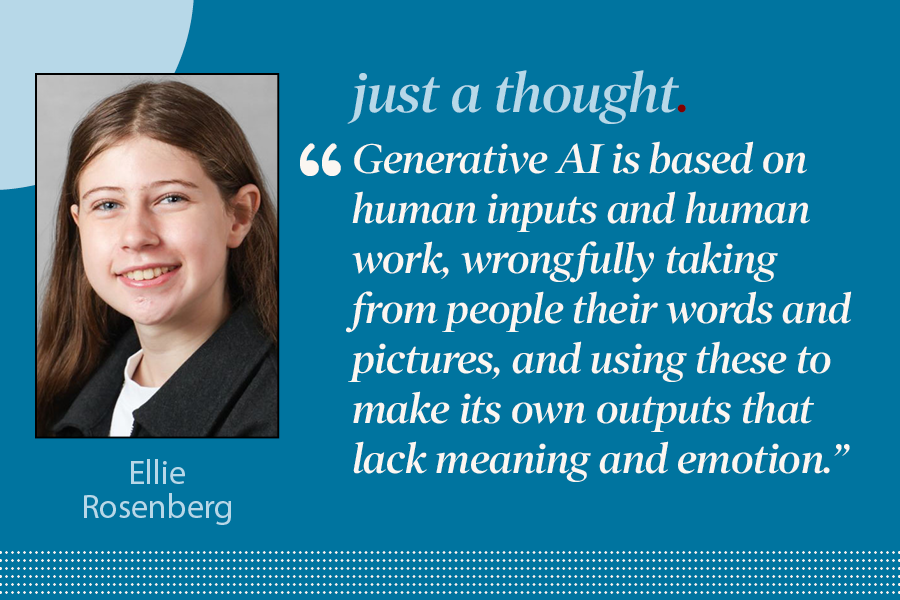After seven hours of school, sophomore Suna Choi Hortascu comes home, her brain exhausted from a day of work and learning, only to discover she still has hours of more work ahead of her. Whether it’s reading, taking notes or preparing for a discussion for her AT European History class, she feels the pressure and anxiety over how she is going to get this done.
However, teachers like history teacher Christy Gerst are committed to ensure students have the best resources possible to get the work done. Ms. Gerst records herself narrating the assigned texts for students to listen to instead of just having them read the 30- to 40-minute documents on their own.
It’s a process that takes hours.
“I started by just recording the primary sources, which are most difficult for students because they can’t hear the tone and emphasis of the writing,” Ms. Gerst said.
Around the same time, the school started to use an educational framework called Universal Design for Learning, which, as Ms. Gersts describes, “seeks to incorporate strategies for all students’ success.”
After this framework was implemented, Ms. Gerst realized how her efforts were consistent with this learning framework and began incorporating more audio recordings into more of the readings, instead of just primary sources.
Ms. Gerst had originally started doing these recordings more specifically for students with learning differences.
As more students became aware of the availability of the recordings, she found that even students without learning differences were using and benefiting from the audio recordings.
Ms. Gerst has also done research on how listening to audio readings help sustain focus and even increase ability to read text on a page.
“Neuroscience research says that our reliance on digital reading has actually destroyed our ability to read as a society, so now we’re just basically skimming the page we read,” Ms. Gerst said. “By pairing audio readings with real reading, we’re sort of reteaching our brains to read.”
Supporting this data from neuroscience research, Ms. Gerst has received feedback from students saying the audio is making them better and faster readers.
Suna, like other students Ms. Gerst has taught, has seen growth in her reading comprehension, as it gives her brain two sources to focus on at the same time.
“I really appreciate the audios Ms. Gerst provides,” Suna said, “because I find listening to the text while simultaneously reading it engrains the information much deeper in my memory and improves my comprehension of the material and I’m reading at a higher degree.”
Ms. Gerst strives to help her students succeed, whether in the history classroom or outside of it. She often says, in her AT European History classes, “This is a college level course with high school level support.”
In her classes, she emphasizes that she does not want students to rely on a tutor or rely on another student’s work. She wants them to get the work done by themselves, and she works hard to supply them with resources that will allow them to succeed.
Ms. Gerst hopes students will be able to take the skills they have learned and reinforce them in the future outside of the classrooms.
She said, “I want students to leave Lab and go into college with tools and skills the recordings have helped them make, to help them in even bigger assignments and goals later on.”
























































